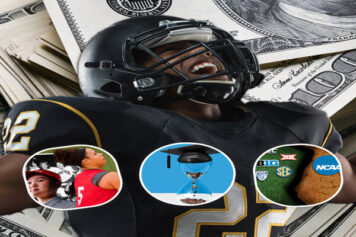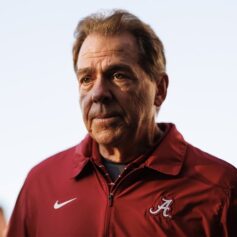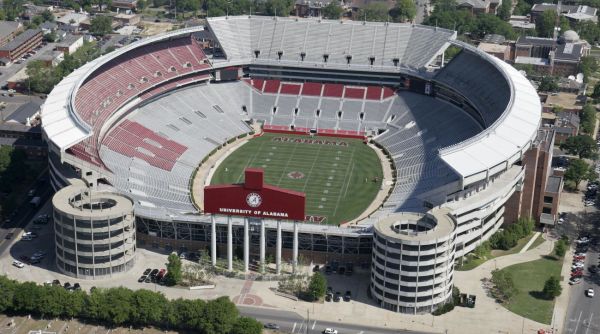March Madness is in full swing, and through the upsets and the glories, one thing remains: the NCAA and its schools will reap the financial haul that is generated during the tournament month.
However, even though student-athletes can now make money through the name, image, and likeness deals (NIL), there still has yet to be a resolution for the revenue the schools are generating off the backs of the athletic scholar.
Recently, “Shark Tank” panelist and entrepreneur Daymond John gave his thoughts on the collegiate athletic system.
The Shark Speaks
“I don’t know where there’s an upside because to have to fight for your right at the Supreme Court and what percentage (of student-athletes) will make money?” said John to TMZ. “Five percent? What about the average player that’s going to make $500? I think this is horrible actually guys.”
According to the Department of Education, collegiate athletic programs accumulated $14 billion in total revenue in 2019; this was up from $4 billion in 2003, not including income from broadcasting rights or corporate sponsorships.
Since the NIL laws were passed, the NCAA has felt like it is off the hook for the imbalance between student-athletes generating revenue and the lack of financial trickle-down.
I’m excited to announce that I will be teaming up with @OurChatInc for my first NIL deal! #ourchat pic.twitter.com/l9kEOhGs87
— Jaden King (@iamjadenking) March 18, 2022
The NCAA’s Take
“This is an important day for college athletes since they all are now able to take advantage of name, image and likeness opportunities,” NCAA President Mark Emmert said in a statement back in 2021 when the legislation was passed.
“With the variety of state laws adopted across the country, we will continue to work with Congress to develop a solution that will provide clarity on a national level. The current environment — both legal and legislative — prevents us from providing a more permanent solution and the level of detail student-athletes deserve.”
However, to John, the school and NCAA system still have a long way to go to even the playing field.
Bose has signed three new NIL athletes:
🎧 Chet Holmgren, Gonzaga
🎧 Aliyah Boston, South Carolina
🎧 Wendell Moore, DukeEach will receive QuietComfort 45 noise cancelling headphones as part of their deals. pic.twitter.com/JgyUG2hgmO
— Front Office Sports (@FOS) March 14, 2022
Modern-Day Slavery
“There’s no other business like this; this is the modern-day version of slavery,” John continued.
“Think about it like this, TV rights in 2020 alone was $850 million. They said the sportsbooks are going to gamble somewhere around $10 billion for March Madness, and that has nothing to do with their merch, other alums who are donating to the schools and selling more entry-level into the schools, and the players make nothing. Zero after all that.”
To John, the value proposition of a free or reduced tuition for education just isn’t enough anymore.
“They say, ‘Well, listen, we’re giving you a scholarship.’ Well, you know what, why don’t you give me $2 million, and I’m going to pay for me and my whole damn family to go to school. So I think this is modern-day slavery, and they’re just giving them a little bit of a crumb.”
Today, a 2023 5-star recruit signed a deal with an unnamed school’s NIL collective potentially worth $8 million, per @slmandel.
He'll be paid $350K, then monthly up to $2 million per year.
Experts believe it's the largest individual NIL deal in the history of college sports. pic.twitter.com/XbzpLHhyzi
— Front Office Sports (@FOS) March 12, 2022
Private Sector Partnership
According to reports, more than 100 Division I coaches earn over $1 million per year. With the team members making nothing or hoping to get a NIL deal, it’s hard not to see how the NCAA has absolved itself of the burden by passing the buck to private sector partnership to work directly with the student-athlete.
“These players are bringing in billions of dollars, and they’re making absolutely zero, and they have no up in their life. They have no guaranteed career. Whether it’s any given Sunday, they hurt themselves, or they just don’t make it into the league.
“What business model do you know that makes billions of dollars and they pay their employees zero? Because, by the way, the schools aren’t paying, the NCAA isn’t paying. It is brands like me and other people who are paying them.”



